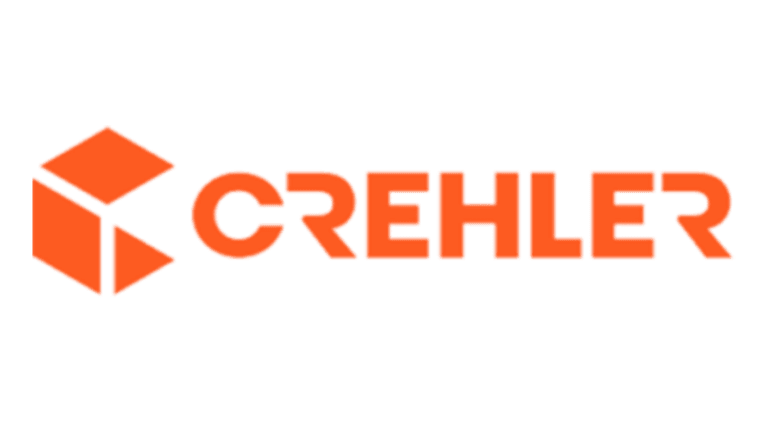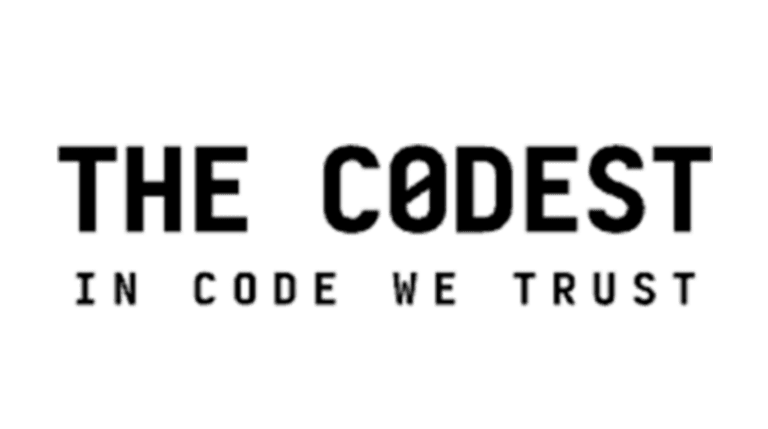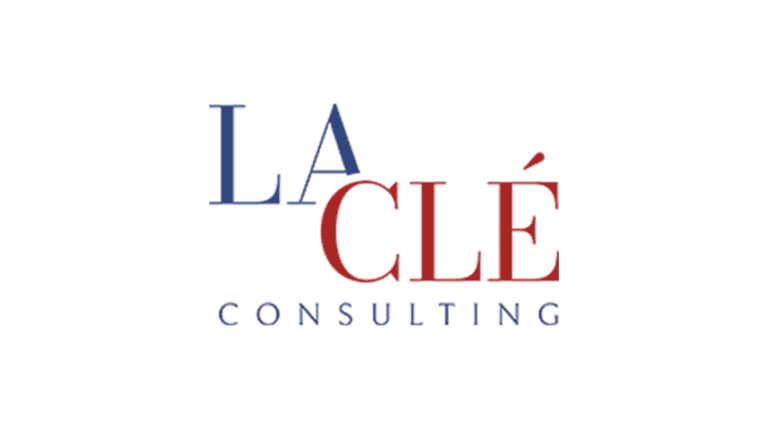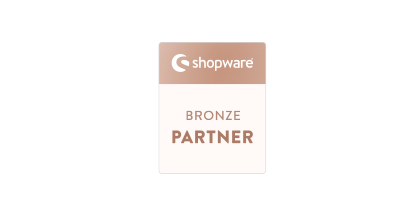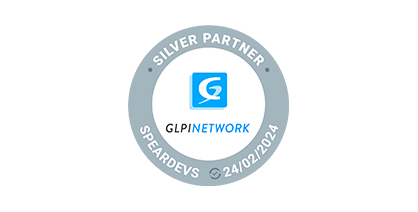Approximately 70% of software projects fail to meet their objectives. This high failure rate is not just a number; it also represents lost investments and wasted resources. That’s why partnering with the right software development team is crucial.
But how to find the right one? That’s exactly what we’ll cover in this article. We’ll walk you through key factors to consider, what questions to ask, and common mistakes to avoid.
Why choosing the right software development partner is crucial for e-commerce
E-commerce isn’t like other industries. Customers expect fast and secure shopping experiences every time they visit your site – whether they’re shopping on desktop, mobile, or even social media. You need a platform that can handle thousands of transactions, protect customer data, and scale as your business grows.
These high customer expectations require an advanced level of technical proficiency and industry-specific knowledge from your development partner.
Some of the unique challenges e-commerce businesses face include:
- Peak traffic management: Can your platform handle a surge in traffic during sales events or holiday shopping?
- Payment integration: Seamless integration with payment gateways, fraud detection systems, and international currencies is critical.
- Security and compliance: Handling sensitive customer data means ensuring compliance with regulations like GDPR and PCI-DSS.
- Personalization: Advanced recommendation engines, customer segmentation, and personalized shopping experiences are must-haves.
Not all development companies have the expertise to manage these challenges effectively, which makes the selection process vital.
Key factors to consider when choosing a software development partner
Technical expertise and specialization
The technical foundation of your platform is everything. It’s crucial to find a software development partner with specialized expertise in e-commerce platforms. They should understand the complexities of building, maintaining, and optimizing e-commerce stores.
Additionally, they should have experience with specific platforms e.g. Shopware, Shopify, WooCommerce, or custom solutions.
E-commerce tech stacks
Your partner must have a comprehensive understanding of the e-commerce technology ecosystem, including:
- Front-end technologies: Angular, React, Vue.js – whatever provides fast load times and a great user experience.
- Back-end technologies: Node.js, PHP, or Python for scalable, reliable server-side processing.
- Database management: MySQL, PostgreSQL, or NoSQL databases for managing product catalogs, order data, and customer information.
- Third-party integrations: Payment gateways (Stripe, PayPal), marketing tools (Mailchimp, HubSpot), and CRM/ERP solutions (Salesforce, SAP).
- Security protocols: Implementing secure, encrypted transactions with adherence to PCI compliance and handling GDPR.
E-commerce features to look for
A capable software development partner should also offer expertise in building complex, e-commerce-specific features like:
- Dynamic pricing and promotions: Advanced couponing systems, flash sales, and bulk discounts.
- Multi-currency and multilingual support: Global reach requires localized experiences.
- Advanced search and filtering capabilities: A well-designed search feature using Elasticsearch or similar tools improves UX and sales.
- SEO-optimized product pages: Structured data and speed optimizations that help your products rank higher in search results.
Experience in e-commerce projects
Experience is gold. A partner who’s worked on e-commerce projects before will understand the challenges you face. They will understand the complexities of inventory management, customer engagement, and transaction security.
What’s more, prior experience means they’ll be prepared for common issues like handling abandoned carts, integrating third-party tools, or dealing with payment gateway challenges.
How to assess software development partner experience:
- Request examples of their previous e-commerce projects.
- Ask for client references or customer success stories. What challenges did they solve for other e-commerce clients?
- Look at their GitHub repositories or open-source contributions.
Agile methodologies and flexibility
You don’t want a team stuck in outdated workflows. Make sure they use Agile methodologies like Scrum or Kanban.
These approaches allow teams to break down large projects into manageable sprints. It means you won’t get stuck in long, drawn-out development phases if something needs to be adjusted on the fly.
- Agile teams can deliver MVPs (Minimum Viable Products) or early releases to start generating revenue quickly.
- With each sprint, your team can incorporate customer feedback and improve the platform.
- If a new payment processor becomes the industry standard, Agile development ensures that your platform can integrate it without missing a beat.
Key questions to ask:
- How do you handle changes mid-project?
- Can you show us how Agile has helped past e-commerce clients respond to industry shifts?
Clear communication and project management
Communication is everything when working with a software partner. It can be the difference between a smooth project and a chaotic mess. Your partner needs to be transparent, responsive, and proactive in how they manage both the technical aspects and the client relationship.
Clear communication strategies
Effective communication strategies include:
- Dedicated project managers: You should have a single point of contact who understands your project from start to finish.
- Regular updates: Your partner should provide weekly or bi-weekly updates on the project’s progress, outlining any roadblocks or adjustments.
- Collaboration tools: Expect your partner to use tools like Jira, Trello, or Asana to manage tasks and track progress transparently. Slack or Microsoft Teams should be used for direct communication.
5. Post-launch support and maintenance
Here’s something a lot of businesses overlook: the project doesn’t end at launch. Your e-commerce platform will need updates, security patches, and general maintenance to keep running smoothly. Some partners may disappear after launch, leaving you to deal with any bugs or breakdowns.
Make sure your software development partner offers long-term support. This might include a maintenance agreement or service level agreement (SLA) that guarantees quick bug fixes and updates. In the long run, this is just as important as the initial build.
What to look for in post-launch support
- Bug fixing and performance monitoring: The team should offer clear SLAs for addressing critical issues.
- Security updates and patches: E-commerce platforms are frequent targets for cyber-attacks, so timely updates are essential.
- Feature updates: As your business evolves, you’ll likely need to introduce new features or enhance existing ones. Make sure your partner offers ongoing development services.
Red flags to watch out for when selecting a partner
Over-promising and under-delivering
Be cautious of partners who promise the world – especially if they guarantee unrealistically quick timelines. Sure, everyone loves fast results, but quality takes time. If they’re rushing through, you could end up with messy code, missed deadlines, or worse, a broken platform.
Lack of transparency in pricing
Make sure the pricing is clear and upfront. Watch out for hidden fees or ambiguous pricing structures. Transparency in pricing is a sign of a trustworthy partner.
Before signing any contract, ask for a detailed cost breakdown that includes:
- Development time and labor
- Third-party tools or services
- Hosting and infrastructure costs
- Post-launch support fees
The importance of cultural and value alignment
This might sound like a soft factor, but don’t underestimate the importance of aligning your values and business culture. Your development partner should understand your business goals and share a similar work ethic. If your values don’t align, it can lead to miscommunication and dissatisfaction down the road.
Cultural fit can influence:
- Communication styles: Is the team willing to work with your preferred tools and methods, or are they stuck in their ways?
- Decision-making processes: Do they understand your business priorities and long-term goals, and are they aligned with them?
- Innovation: A partner who aligns with your values is more likely to bring innovative solutions that match your company’s growth strategy.
Key questions:
- Do they understand your brand’s core values?
- Are they aligned with your business goals beyond just the technical aspects?
Example questions to ask potential partners before committing to a development
Development process and expertise
- Can you show us examples of e-commerce projects you’ve completed that are similar to ours?
- What technologies do you specialize in, and why are they suitable for our project?
- How do you ensure the scalability and security of e-commerce platforms?
Project management
- How will the project be managed, and what tools will you use?
- Who will be our main point of contact throughout the project?
- How do you handle deadlines and unexpected roadblocks?
Post-launch and ongoing support
- What kind of post-launch support do you offer?
- Do you provide security updates and bug fixes?
- Can you support future feature development and scalability?
Common mistakes to avoid when choosing a development partner
1. Focusing only on cost
It’s tempting to go with the cheapest option, but in software development, you get what you pay for. Going for the lowest bidder often means sacrificing quality, which can cost more in the long run when you have to fix or rebuild parts of your platform.
2. Skipping due diligence
Don’t rush the selection process – take the time to ask for case studies, speak to former clients, and even visit the vendor’s office if possible. This is a long-term investment, and it’s worth the extra effort to make sure you’re making the right decision.
3. Not considering long-term partnerships
Don’t just think about the project you’re working on right now. Your e-commerce platform will evolve, and you’ll need updates and new features as you grow. Make sure your partner is someone you can work with for years to come.
Think of it as a strategic partnership, not just a vendor relationship.
Final thoughts
Selecting the right software development partner isn’t just about completing your current project. In fact, it’s about setting your e-commerce business up for long-term success. From technical expertise to cultural fit and ongoing support, this decision will affect your platform’s scalability, security, and performance for years to come.
Take the time to vet your options, ask the tough questions, and avoid rushing into a decision based solely on price or promises. The right partner will offer value, innovation, and a long-term commitment to your success.
GET IN TOUCH
Looking for a reliable software development partner?
We build secure, scalable e-commerce platforms that drive growth.
With expertise in payment integration, data security, and performance, we deliver robust solutions and ongoing support.






